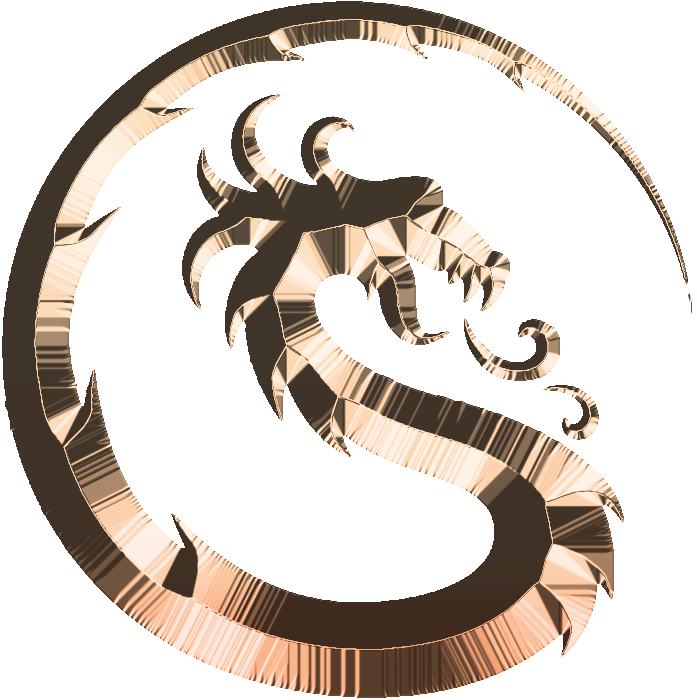This week, I’m featuring my first ever guest post, a great article by Sci-Fi Bloggers about Patrick Rothfuss’ fantasy series, The Kingkiller Chronicles. Sci-Fi Bloggers is an online magazine covering all things science fiction and fantasy: movies, TV, books, video games, comics and more. It’s well worth reading!
The fantasy genre has a hard time fitting in with most academics, and Wisconsin-native Patrick Rothfuss knows this. He teaches writing and fencing at the local college but spends the long winters writing. His breakthrough novel The Name of the Wind caught many academics offguard with its reinvention of magic in fantasy.
The Name of the Wind reads like a memoir of orphaned troubadour turned adventurer Kvothe, as he recounts the shift in his life that brought him to fame and then infamy. After the death of his family, Kvothe enrolls in The University to study sympathy, the force that connects all life and can be manipulated by those who understand it. Sympathy in Rothfuss’s world looks like magic but works like science. Rothfuss splits the way sympathy works into several different fields that could easily be equated to medicine, alchemy, metallurgy, and physics. What makes the story interesting is that Kvothe seems a natural genius at all of them.
However, the intricacies of the novels don’t revolve around Kvothe’s savant-like success but rather his stupidity-based failures. Kvothe represents the ideal in all of us, the destiny to succeed at the same time that we self-defeat. The flaws in Kvothe are what lead us to enjoy his life story, not his successes.
The characterization of both the world and people in The Kingkiller Chronicles makes this series a page-turner, but the way the story unfolds itself is really what shows the level of Rothfuss’s craft. The plot happens in reverse, as we enter the story long after Kvothe has gone into hiding and awaits his impending assassination. Even though things are happening that the reader has yet to come into, there isn’t the sense of confusion common to the in medias res technique. It’s clear that Rothfuss knows where he is going with this story; questions about what is happening prompt discovery but never get left by the wayside the way flashback story elements do in television (I’m looking at you polar bears from LOST).
Book two of the series, The Wise Man’s Fear, continues the narrative feel of the previous volume but has a bit of more of a conventional feel to it. In this book, we follow Kvothe as he takes a leave of absence from The University and tries to make a mark on the world. Kvothe finds himself on three significant adventures into the worlds of political intrigue, fairy mystery, and martial arts training. While it is fun to follow along the three and see how they interweave, the second book does carry the feel of “fan-pleasing.” At times, we get the impression that someone buzzed into Rothfuss’s ear, “wouldn’t it be cool if Kvothe also trained to be a hired assassin? Wouldn’t it?” The overall effect is that the character seems to be overcompensating for failures that actually endeared him to us in the first book. On the other side of the coin, we can see how Kvothe needs to rise high in the world in order to be set his fall in book three of the trilogy.
The dialogue in both books feels clever and fresh despite the semi-antiquated setting. The plot moves forward at just the right pace to keep things interesting without feeling breakneck. The world itself is richly detailed and enjoyable. But what truly distinguishes this series is the art woven into it. Characters take time to tell each other stories that enrich the world without feeling preachy or heavy-handed. Religions are introduced that have striking similarities to our own but don’t insist that we draw the connections. Kvothe devotes himself to music, and even without hearing it, the reader feels struck by its inclusion. Most importantly though is the development of architecture in the books; Kvothe inhabits the world in such a way that we feel that we are breathing the same dust as him and washing our hands in the same clean water. When even the facet of environment makes the reader connect with this world, you know that the book will truly take you somewhere that even the most academic mind would love to explore.
My Comment: A good friend of mine has recommended The Name of the Wind for several years now. After reading this post from Sci-Fi Bloggers, I downloaded the novel on my kindle and look forward to reading it!


Bob Milne
November 8, 2012 - 10:18 am ·The Name of the Wind was one of those impulse buys for me – that extra book I needed to make my purchase eligible for an in-store discount. I sat on my shelf for a while before I finally got to it, but it hooked me from the first chapter and I devoured it in just a few nights.
I haven't read The Wise Man’s Fear yet, partially because I'm not sure the magic will work a second time, but I highly recommend the first book.
Joseph Finley
November 8, 2012 - 8:09 pm ·Bob – thanks for the comment and recommendation! Now it really sounds like I need to read this one.